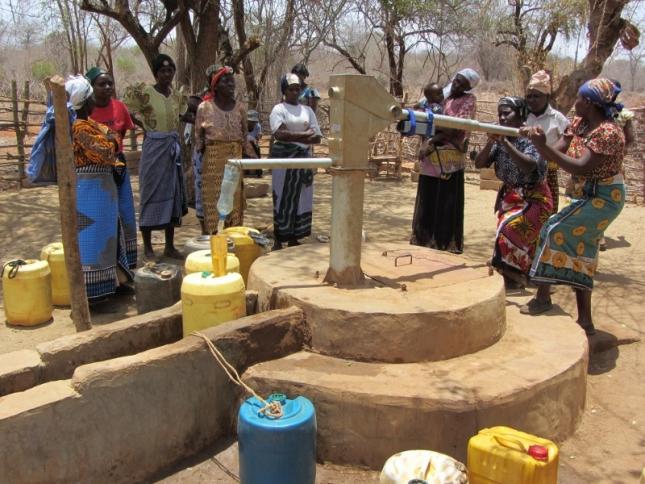In-house fault-reporting and maintenance systems work better than crowdsourcing models where users are encouraged to report faults.
Published on: 04/02/2016

Information and communications technologies (ICTs) are widely seen as an emerging avenue for citizens to hold service providers and government accountable for rural water services. But what evidence suggests ICTs can lead to greater social accountability? And what underlying factors influence the success of these initiatives?
But what if you are living in rural Africa, Asia or Latin America, are you able and willing to report on service delivery failures? And are service providers or government officials willing to listen and respond? We explore these questions using an analysis of recent ICT reporting initiatives to improve rural water sustainability. The findings demonstrate that models where a service provider is committed to responsiveness and designs an in-house fault-reporting and maintenance system show greater responsiveness and accountability to users than crowdsourcing models where users are encouraged to report faults. This raises the question of whether ICT is transformative, or whether service improvement simply hinges on making service provision designs more accountable.
Read more about it in the blog by Katharina Welle and the abstract for the IDS Bulletin by Katharina Welle, Jennifer Williams and Joseph Pearce (see links below).